- Browse
- Grovers Algorithm
Results for "grover's+algorithm"
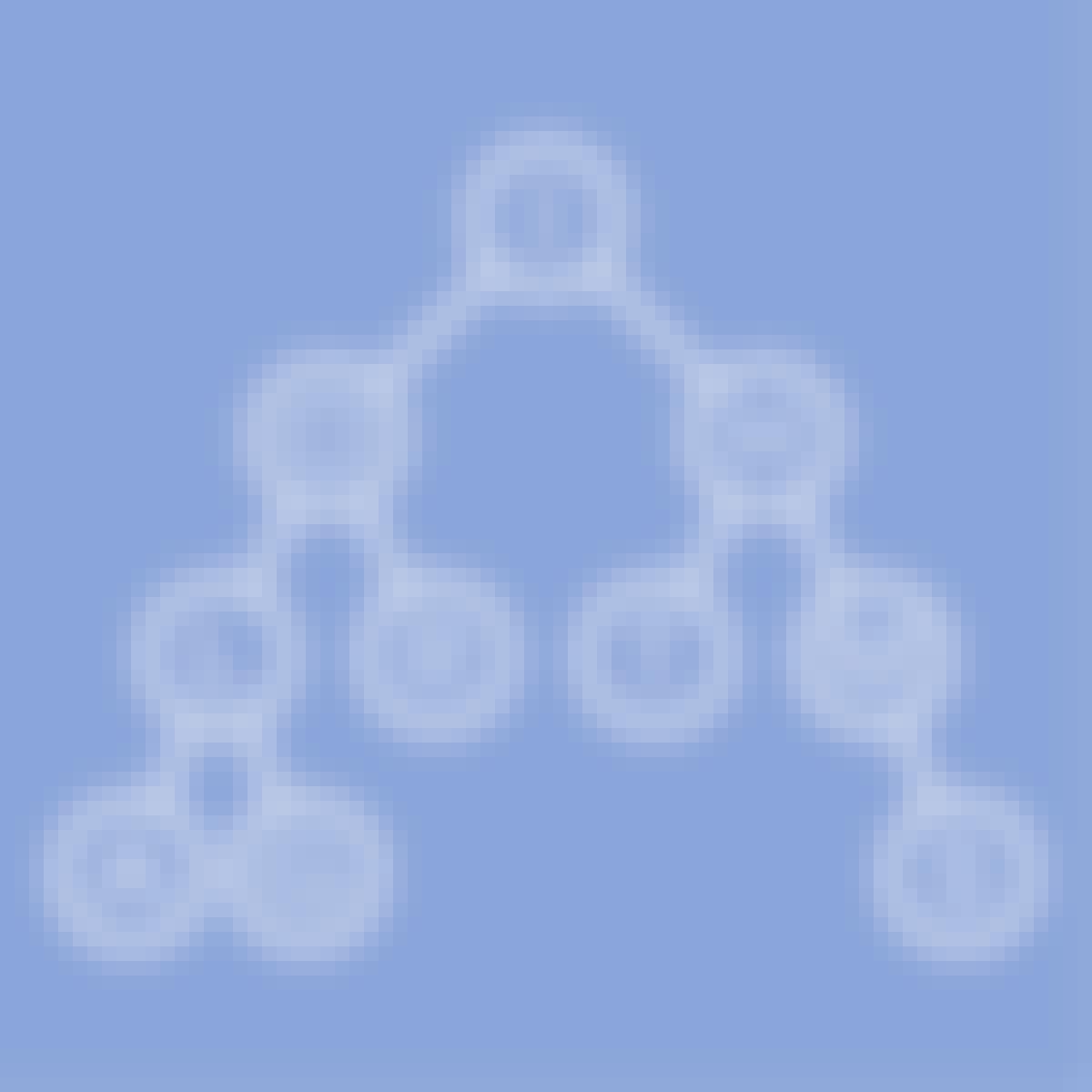 Status: Free TrialFree TrialU
Status: Free TrialFree TrialUUniversity of California San Diego
Skills you'll gain: Data Structures, Graph Theory, Algorithms, Program Development, Bioinformatics, Data Storage, Development Testing, Theoretical Computer Science, Computational Thinking, Network Analysis, Test Case, Programming Principles, Computer Programming, Python Programming, C and C++, Java, Rust (Programming Language), Javascript, Software Testing, Debugging
4.6·Rating, 4.6 out of 5 stars17K reviewsIntermediate · Specialization · 3 - 6 Months
 Status: Free TrialFree Trial
Status: Free TrialFree TrialSkills you'll gain: Python Programming, Algorithms, Computer Programming, Theoretical Computer Science, Linear Algebra, Mathematics and Mathematical Modeling, Computer Science, Algebra, Object Oriented Programming (OOP), IBM Cloud, Scripting, Probability, Artificial Intelligence and Machine Learning (AI/ML), Data Processing, Mathematical Modeling, Data Structures, Data Manipulation, Probability & Statistics, Applied Mathematics, Software Installation
4.4·Rating, 4.4 out of 5 stars85 reviewsBeginner · Specialization · 3 - 6 Months
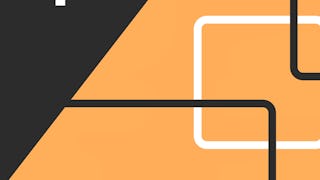 Status: NewNewStatus: Free TrialFree Trial
Status: NewNewStatus: Free TrialFree TrialSkills you'll gain: Data Structures, Algorithms, Computational Thinking, Programming Principles, Computer Programming, Computer Science
Advanced · Course · 1 - 3 Months
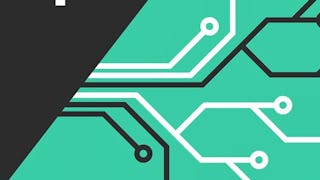 Status: Free TrialFree Trial
Status: Free TrialFree TrialSkills you'll gain: Data Structures, Algorithms, Graph Theory, Programming Principles, Theoretical Computer Science, Computer Science, Computer Programming, Python Programming, Pandas (Python Package), Machine Learning Algorithms, Computational Thinking, C++ (Programming Language), Data Architecture, Random Forest Algorithm, Performance Tuning, Object Oriented Programming (OOP), Network Analysis, Program Development, Problem Solving, Debugging
4.5·Rating, 4.5 out of 5 stars37 reviewsIntermediate · Specialization · 3 - 6 Months
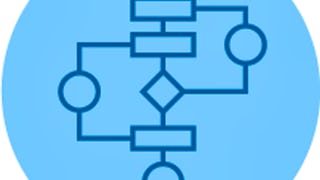 Status: Free TrialFree Trial
Status: Free TrialFree TrialSkills you'll gain: Computational Thinking, Algorithms, Graph Theory, Data Structures, C++ (Programming Language), C and C++, Programming Principles, Computer Programming, Object Oriented Programming (OOP), Technical Design, Theoretical Computer Science
4.6·Rating, 4.6 out of 5 stars16 reviewsIntermediate · Specialization · 1 - 3 Months
 Status: Free TrialFree TrialU
Status: Free TrialFree TrialUUniversity of Colorado Boulder
Skills you'll gain: Theoretical Computer Science, Algorithms, Graph Theory, Data Structures, Operations Research, Public Key Cryptography Standards (PKCS), Cryptography, Programming Principles, Computational Thinking, Pseudocode, Design Strategies, Computer Science, Tree Maps, Encryption, Linear Algebra, Combinatorics, Mathematical Modeling, Advanced Mathematics, IBM Cloud, Python Programming
Build toward a degree
4.6·Rating, 4.6 out of 5 stars917 reviewsAdvanced · Specialization · 3 - 6 Months
What brings you to Coursera today?
 Status: Free TrialFree TrialS
Status: Free TrialFree TrialSStanford University
Skills you'll gain: Data Structures, Graph Theory, Algorithms, Bioinformatics, Theoretical Computer Science, Network Model, Programming Principles, Social Network Analysis, Network Analysis, Computational Thinking, Analysis, Computer Science, Network Routing, Probability, Pseudocode, Computational Logic, Operations Research
4.8·Rating, 4.8 out of 5 stars6K reviewsIntermediate · Specialization · 3 - 6 Months
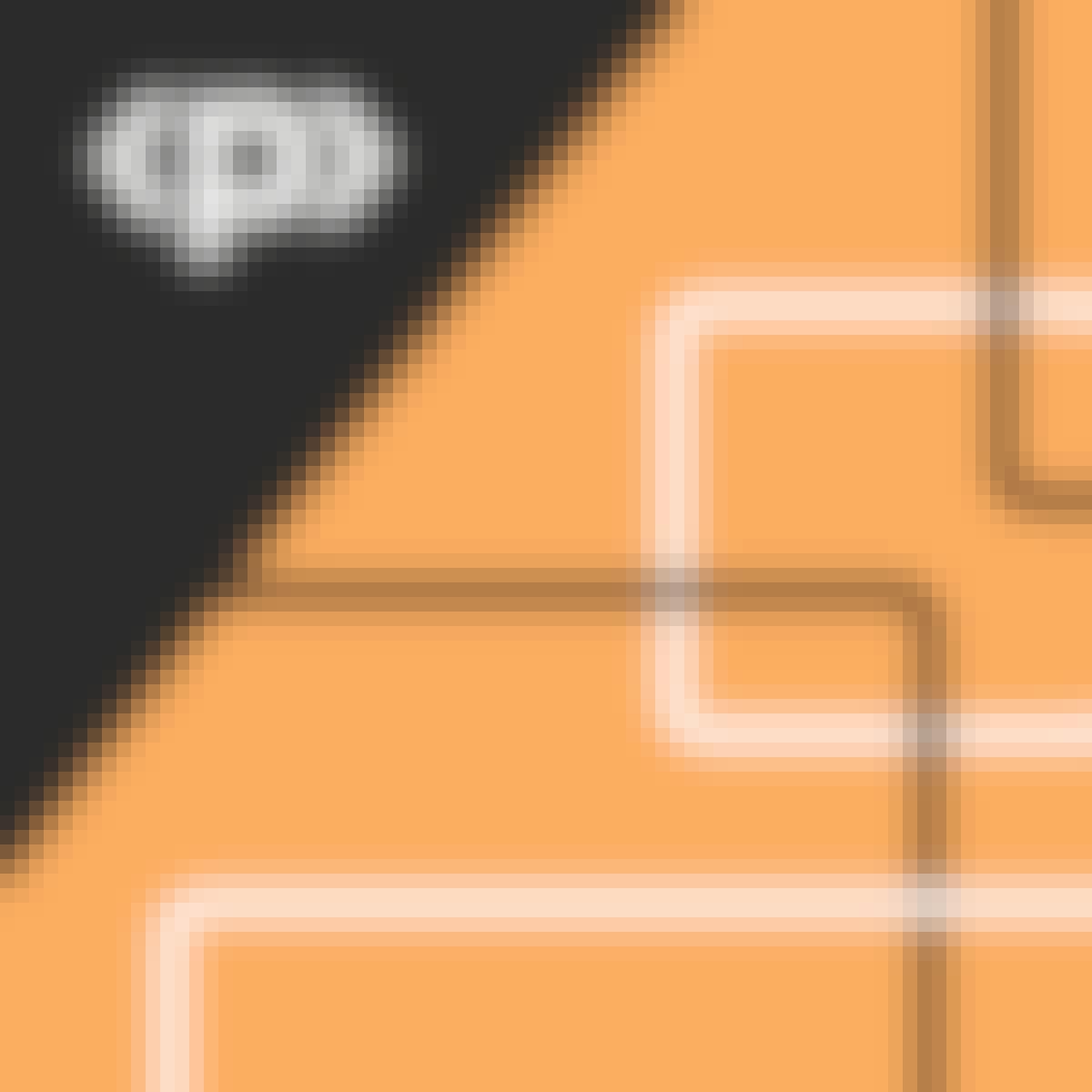 Status: NewNewStatus: Free TrialFree Trial
Status: NewNewStatus: Free TrialFree TrialSkills you'll gain: Data Structures, Graph Theory, Algorithms, Computational Thinking, Programming Principles, Computer Programming, Computer Science
Intermediate · Specialization · 3 - 6 Months
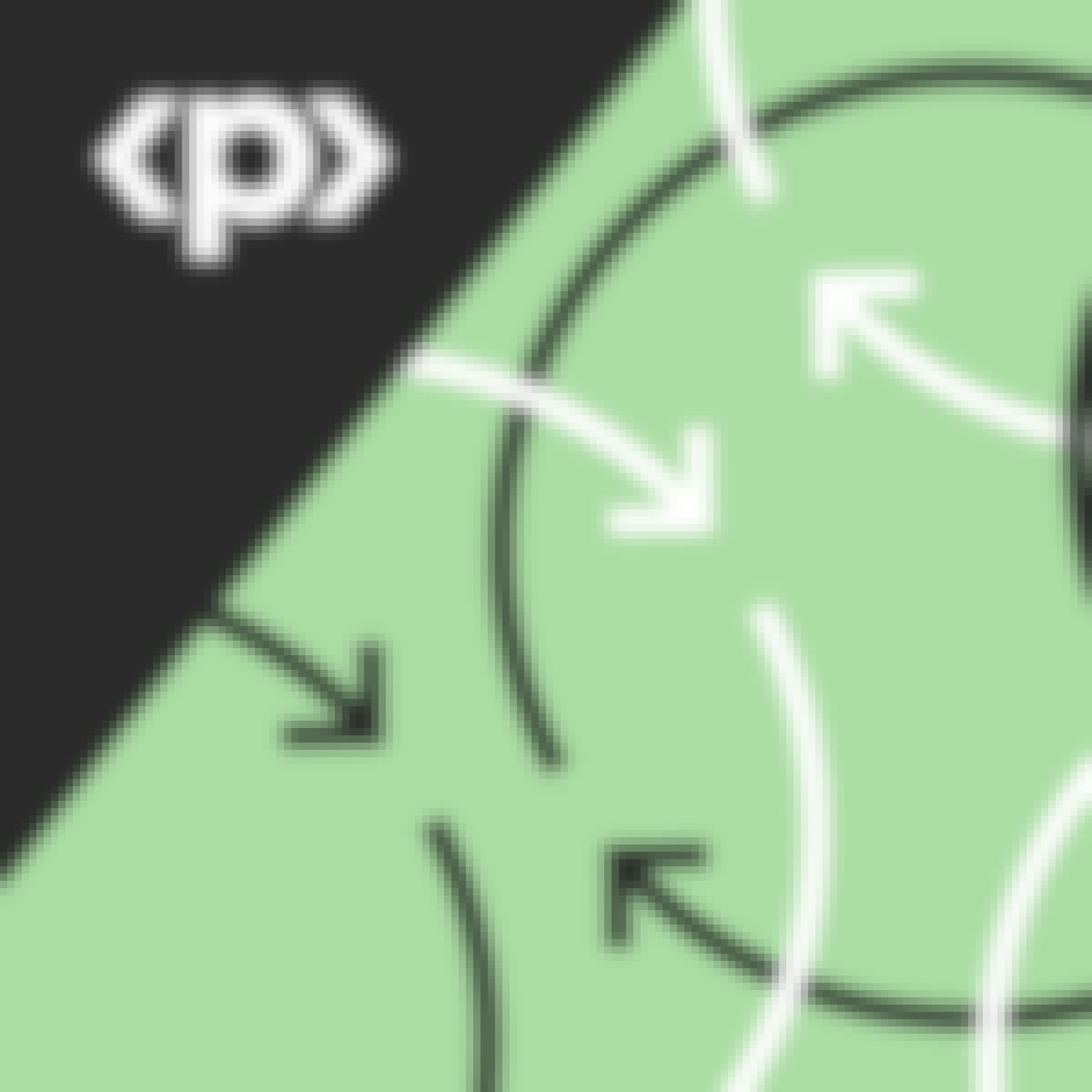 Status: NewNewStatus: Free TrialFree Trial
Status: NewNewStatus: Free TrialFree TrialSkills you'll gain: Unity Engine, Algorithms, Game Design, Video Game Development, Programming Principles, Virtual Environment, 3D Assets, Debugging, Data Structures
Beginner · Course · 1 - 4 Weeks
 Status: Free TrialFree Trial
Status: Free TrialFree TrialSkills you'll gain: Algorithms, Computer Hardware, Cryptography, Python Programming, Computer Programming, Emerging Technologies, Theoretical Computer Science, Simulation and Simulation Software, Linear Algebra
4.5·Rating, 4.5 out of 5 stars26 reviewsBeginner · Course · 1 - 3 Months
 Status: NewNewStatus: Free TrialFree Trial
Status: NewNewStatus: Free TrialFree TrialSkills you'll gain: Proposal Writing, Performance Tuning, Agentic systems, Computational Thinking, Performance Analysis, Computational Logic
Intermediate · Course · 1 - 4 Weeks
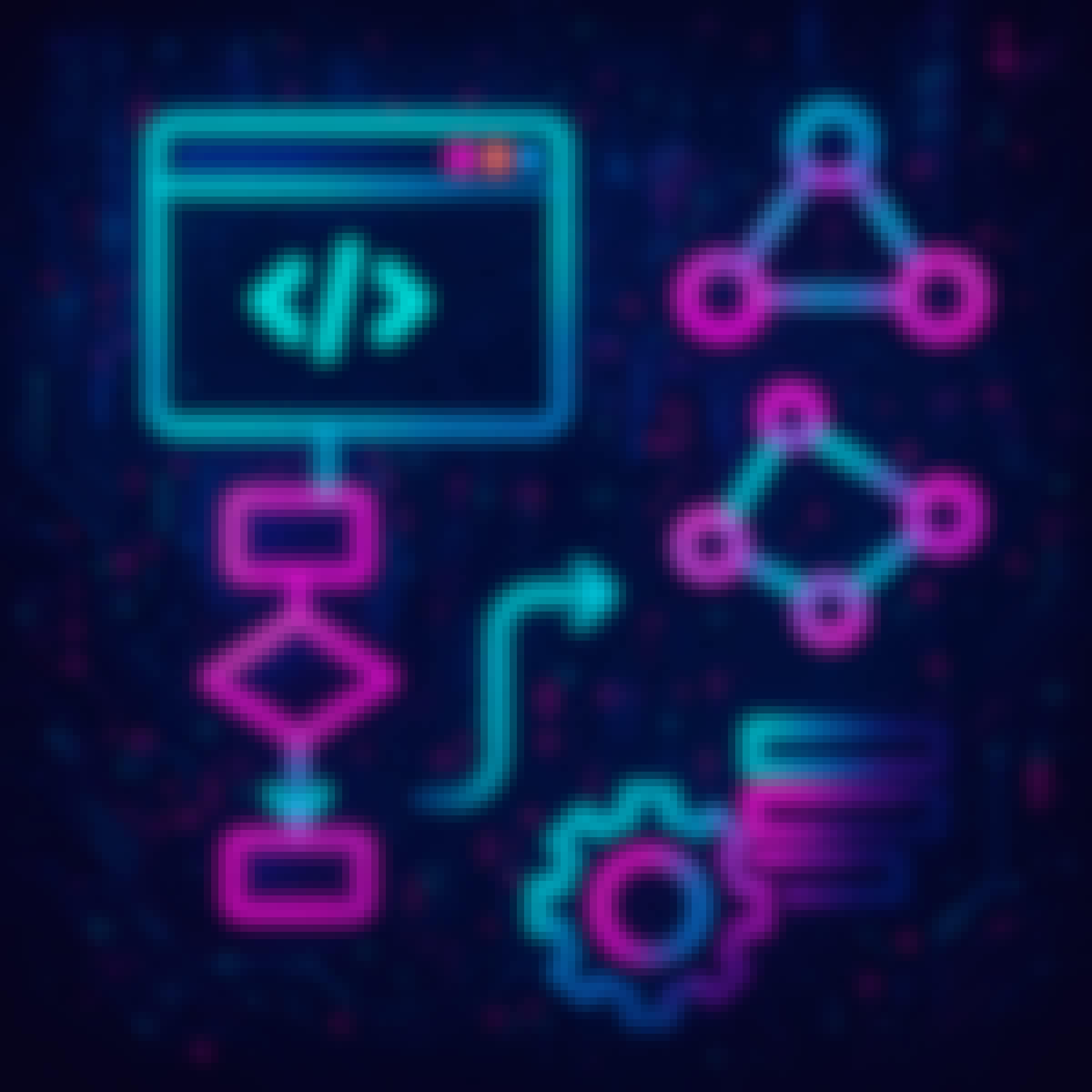 Status: NewNewStatus: PreviewPreviewB
Status: NewNewStatus: PreviewPreviewBBirla Institute of Technology & Science, Pilani
Skills you'll gain: Computer Science, Machine Learning Algorithms, Solution Design, Problem Solving, Mathematical Theory & Analysis
Beginner · Course · 1 - 3 Months
In summary, here are 10 of our most popular grover's+algorithm courses
- Data Structures and Algorithms: University of California San Diego
- The Complete Quantum Computing Course for Beginners: Packt
- Advanced Algorithms and Problem-Solving Techniques: Packt
- Data Structures and Algorithms: The Complete Masterclass: Packt
- C++: Data Structures and Algorithms: Codio
- Foundations of Data Structures and Algorithms: University of Colorado Boulder
- Algorithms: Stanford University
- Master Data Structures & Algo – Ace Leetcode & Blind 75+: Packt
- Introduction to Procedural Maze Building and Maze Algorithms: Packt
- Quantum Computing with Qiskit and Advanced Algorithms: Packt










